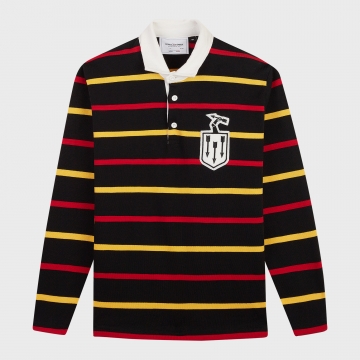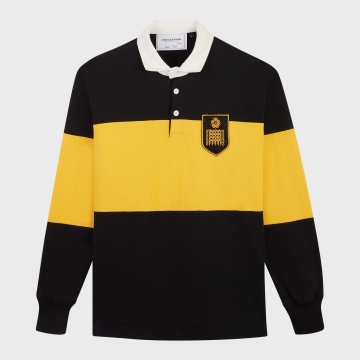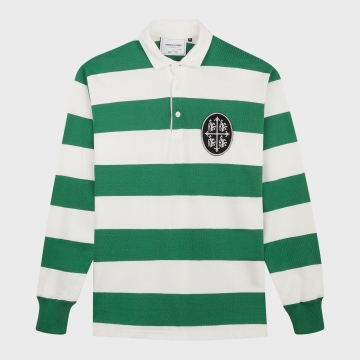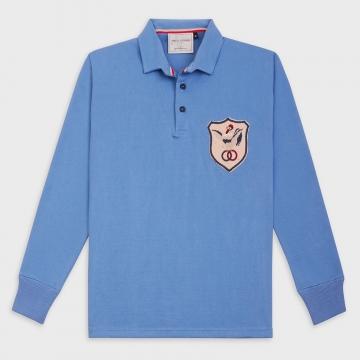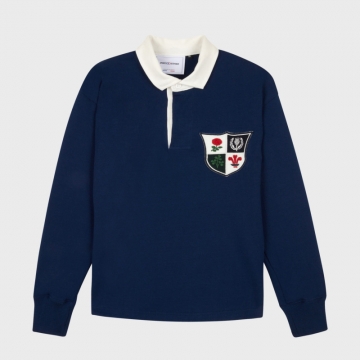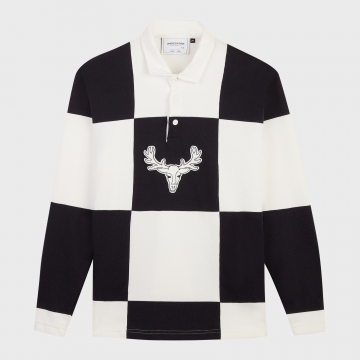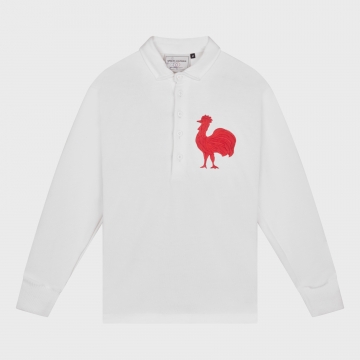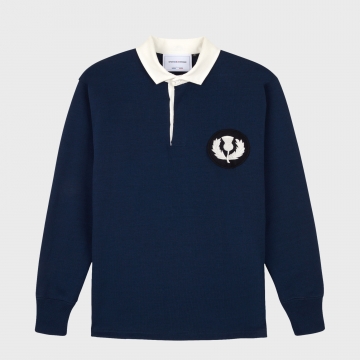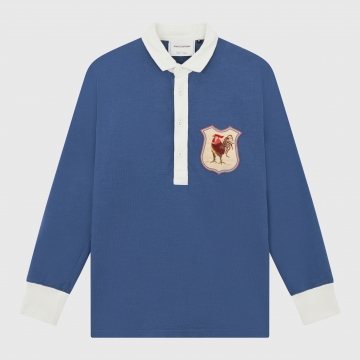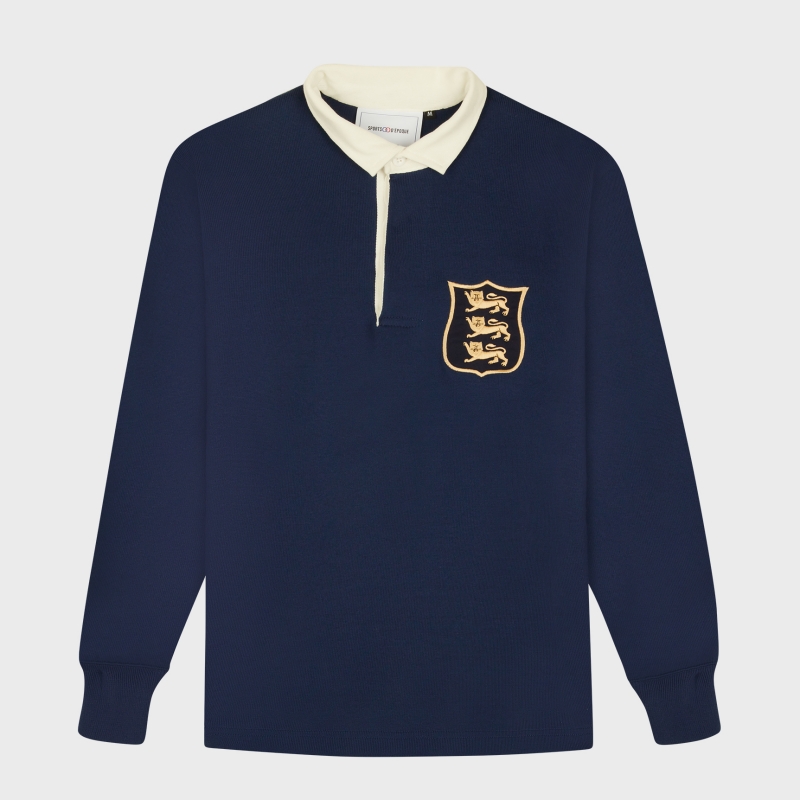

The history of the productLIONS 1930

THE 1930 BRITISH LIONS TOUR TO NEW ZEALAND AND AUSTRALIA WAS THE TWELFTH TOUR BY A BRITISH ISLES TEAM AND THE FIFTH TO NEW ZEALAND AND AUSTRALIA.
This tour is recognised as the first to represent a bona fide British team and the first to be widely dubbed the 'Lions', after the nickname was used by journalists during the 1924 tour of South Africa.
Led by England's Doug Prentice and managed by James Baxter the tour took in 28 matches, seven in Australia and 21 in New Zealand. Of the 28 games, 24 were against club or invitational teams, four were test matches against New Zealand and one was a test match against Australia. The test match results saw the Lions lose to Australia, and win only one of the four New Zealand tests.
So powerful was the attribution of "the Lions" nickname that three heraldic versions of the animal returned as the jersey badge in 1930. This was the tour to New Zealand where the tourists now standard blue jerseys caused some controversy. The convention in rugby is for the home side to accommodate its guests when there is a clash of kit. The New Zealand side, by then already synonymous with the appellation "All Blacks", had an all black kit that clashed with the Lions' blue.
After much reluctance and debate New Zealand agreed to change for the Tests and the All Blacks became the All Whites for the first time. On the 1930 tour a delegation led by the Irish lock George Beamish expressed their displeasure at the fact that whilst the blue of Scotland, white of England and red of Wales were represented in the strip there was no green for Ireland. A green flash was added to the socks, which from 1938 became a green turnover (although on blue socks thus eliminating red from the kit), and that has remained a feature of the strip ever since. In 1936, the four-quartered badge returned for the tour to Argentina and has remained on the kits ever since.





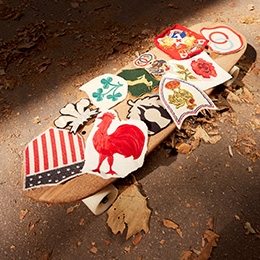
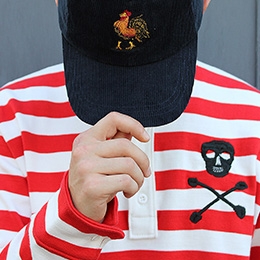



 Retour
Retour
